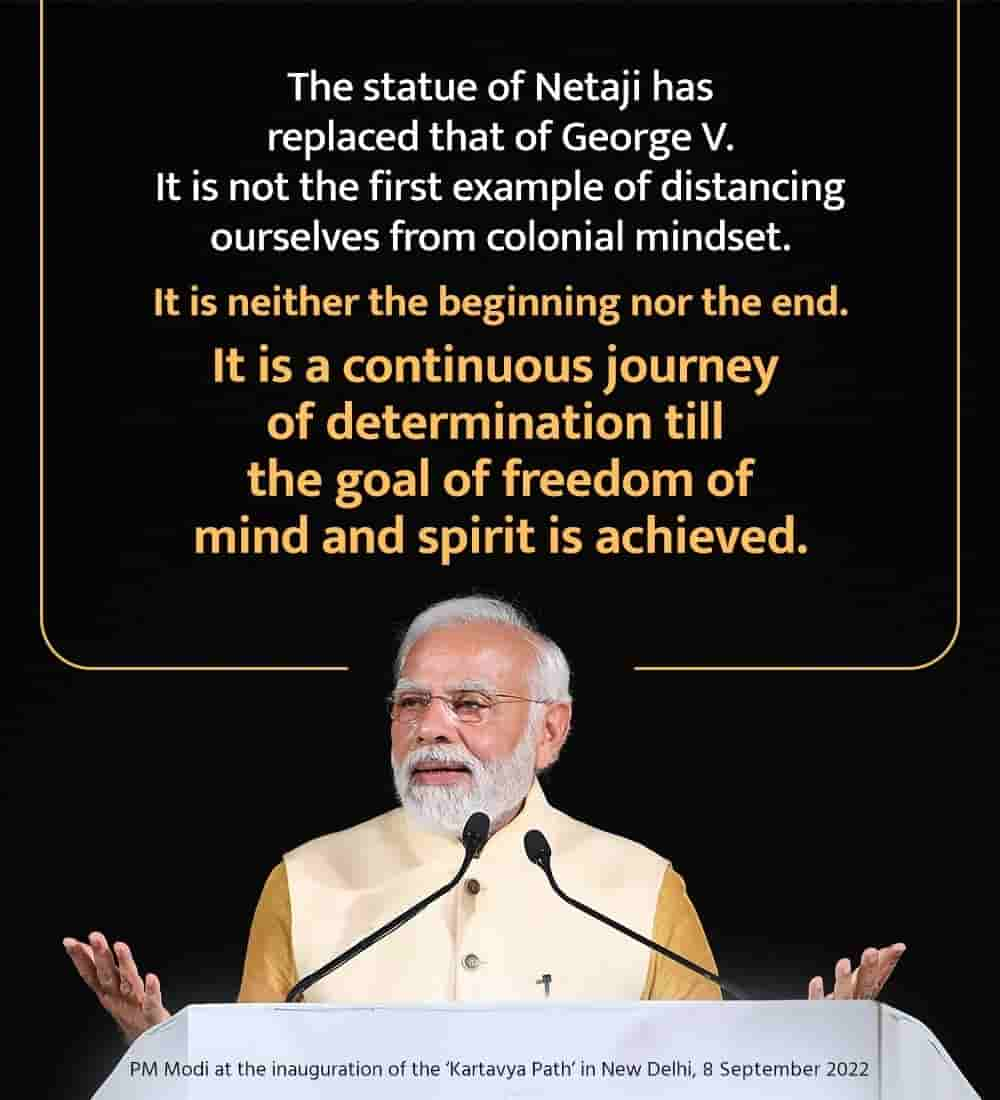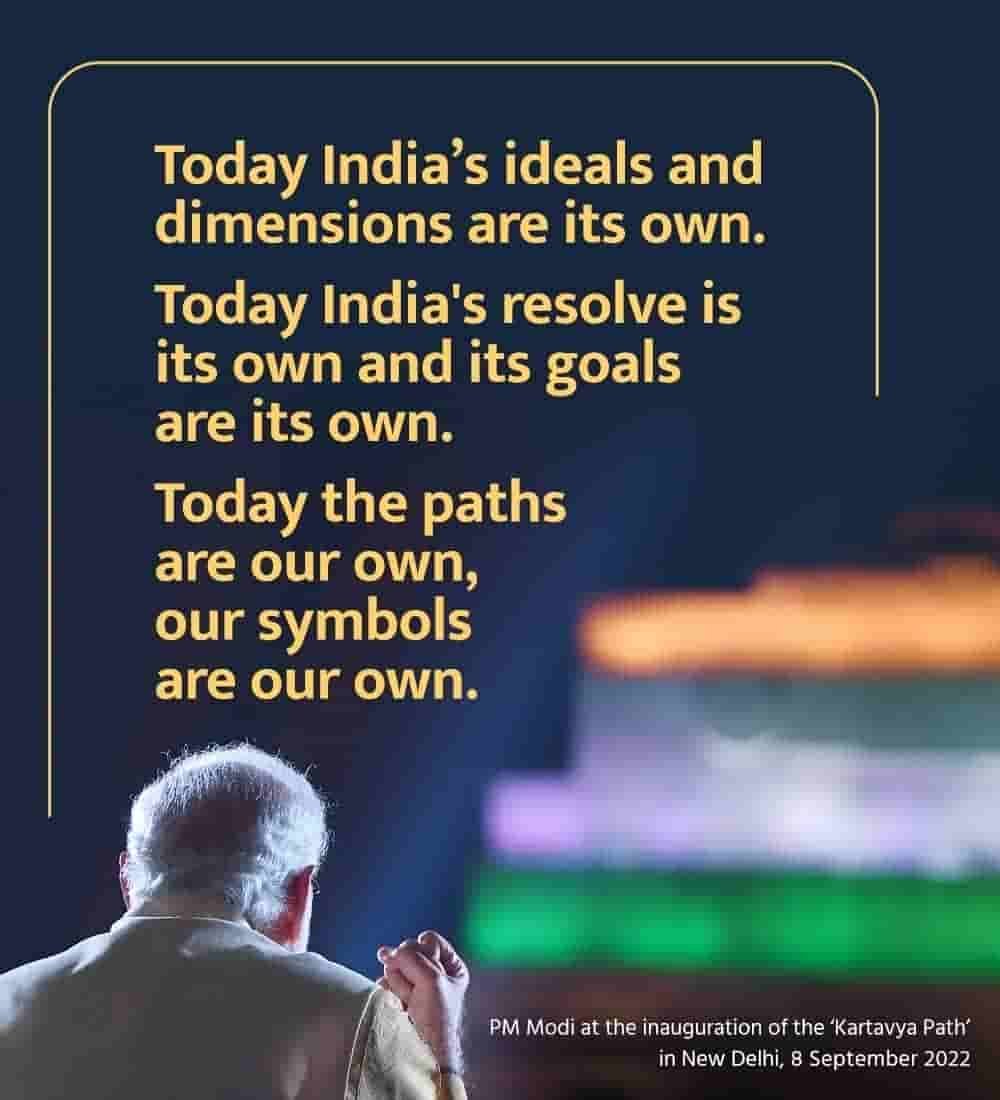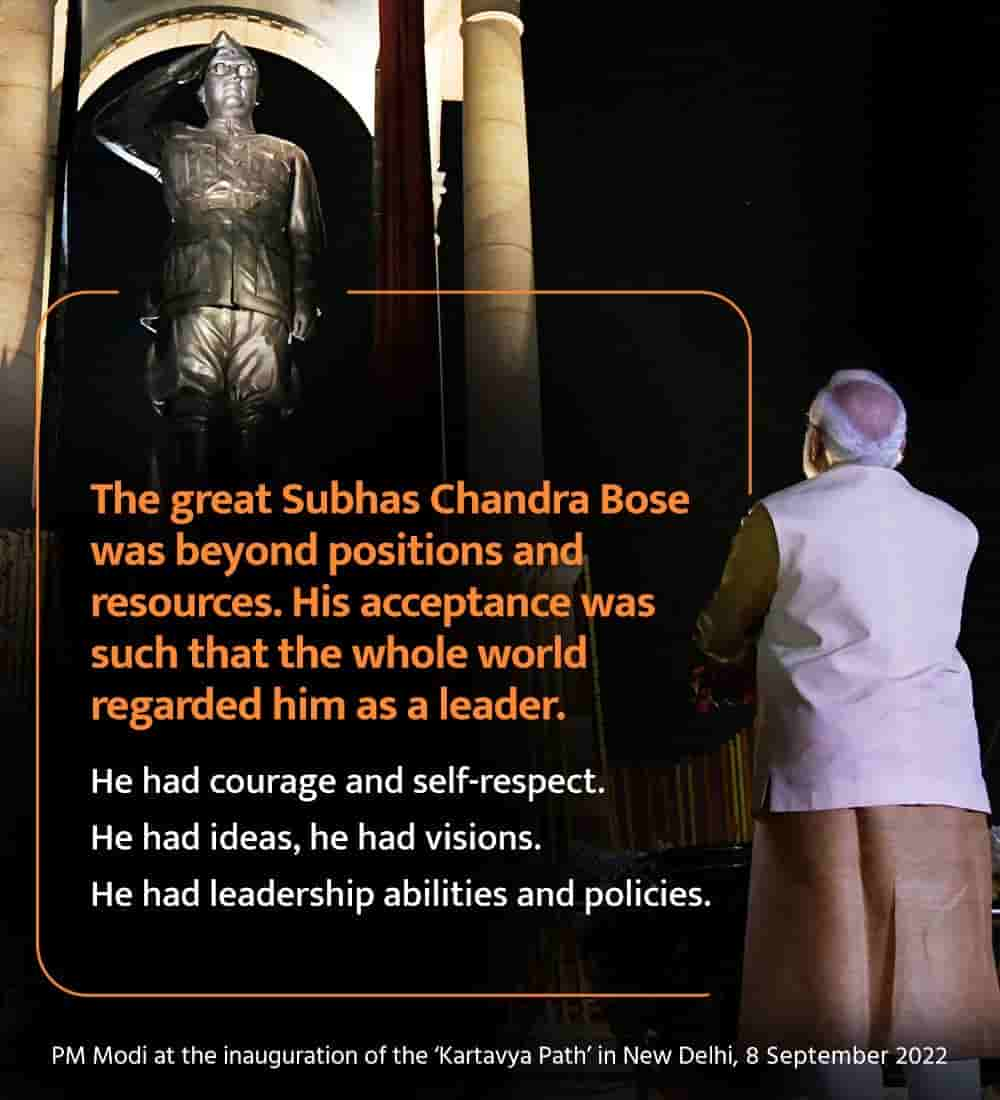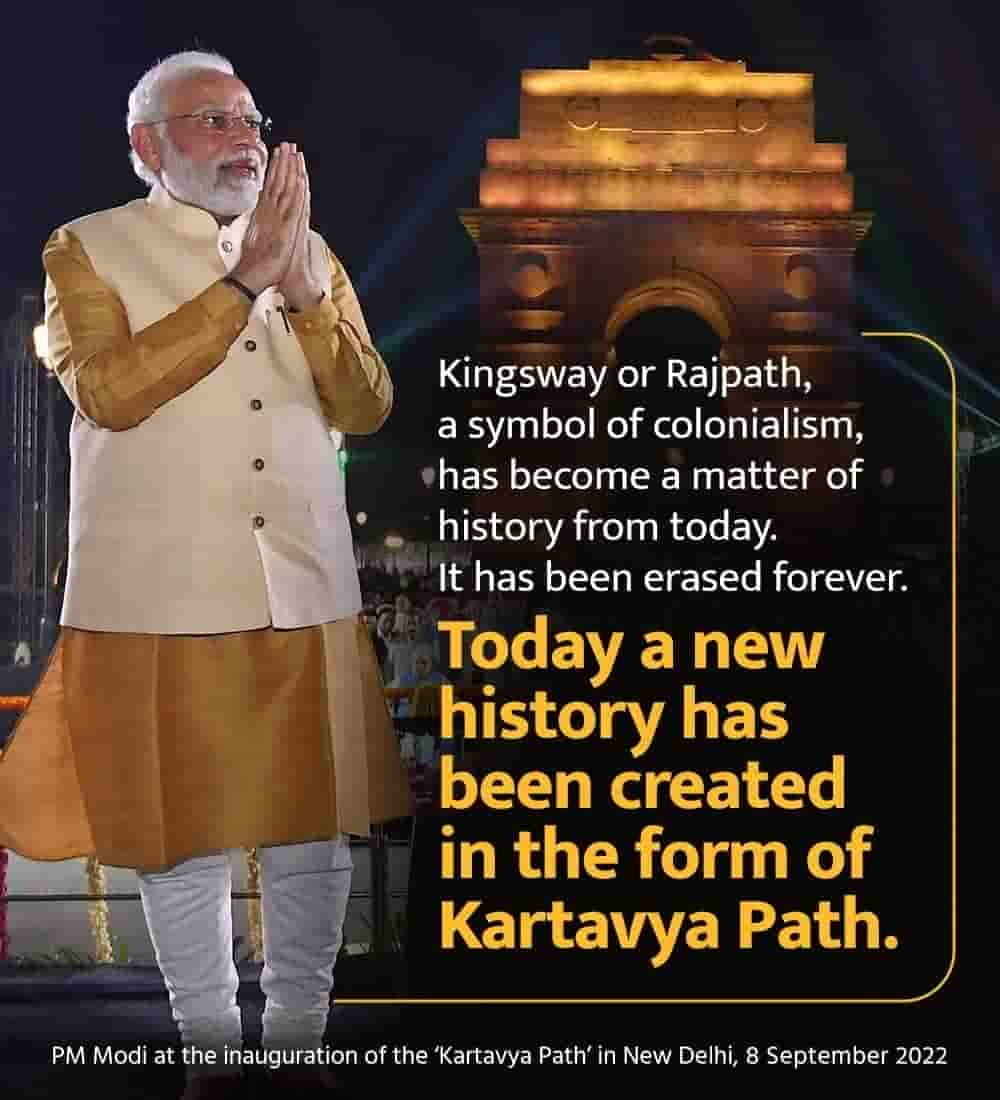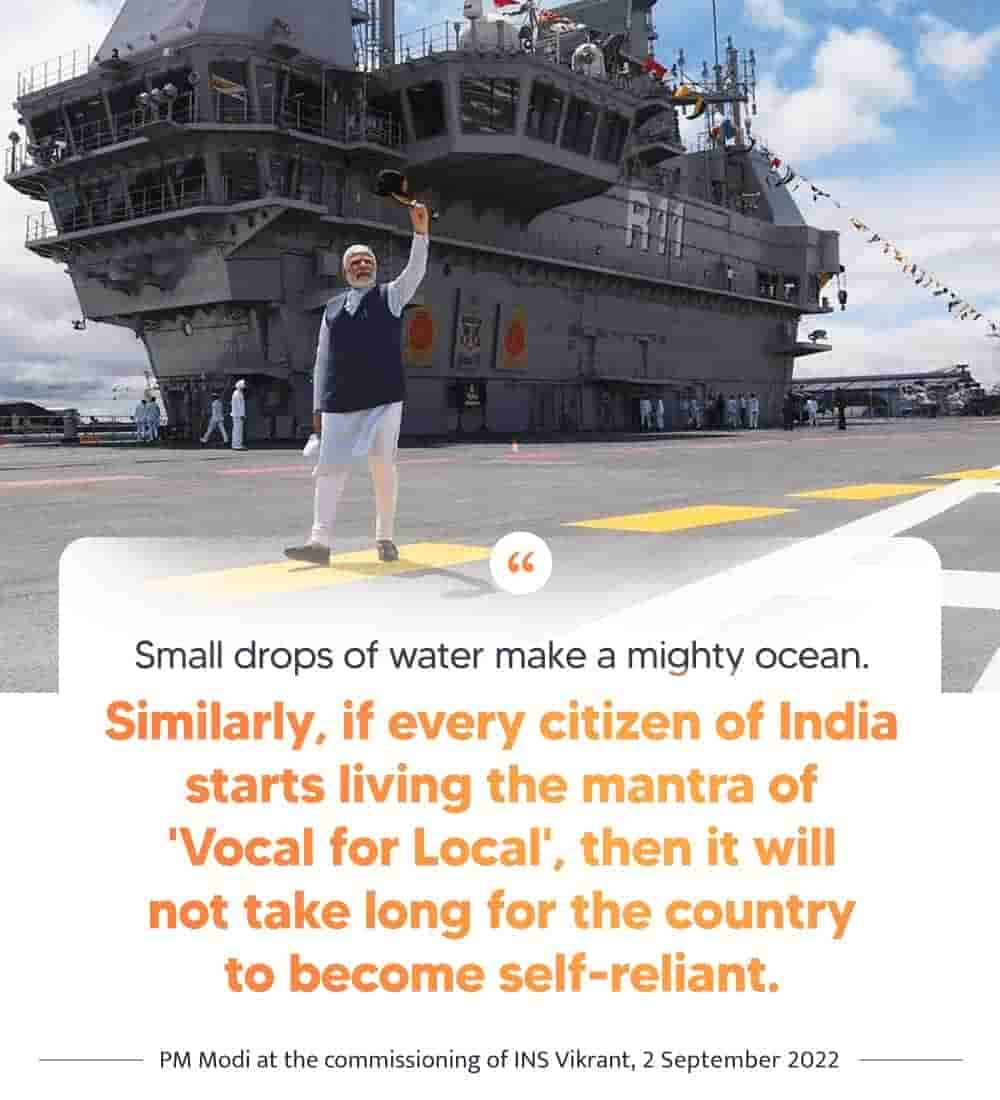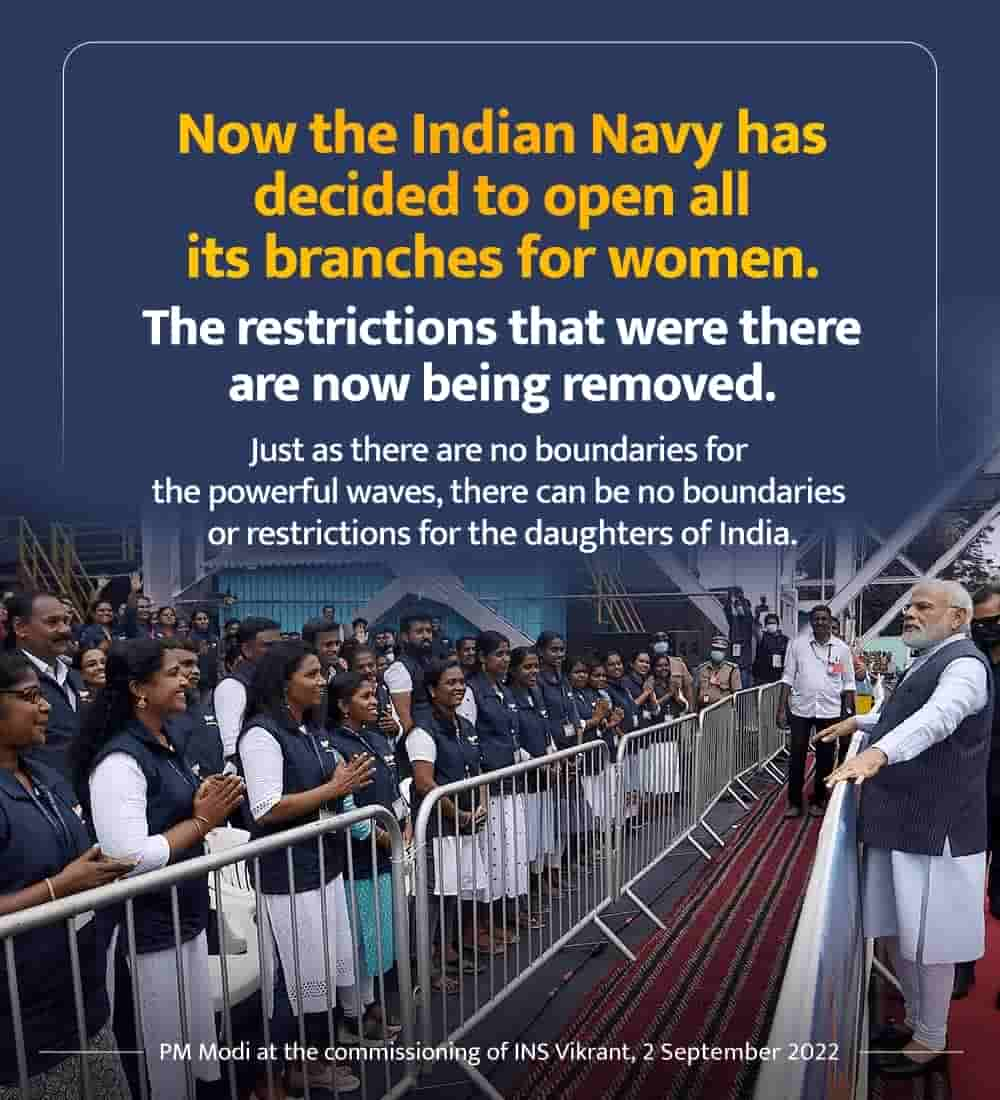PM Modi Birthday : Here are some of the quotes by him, biography
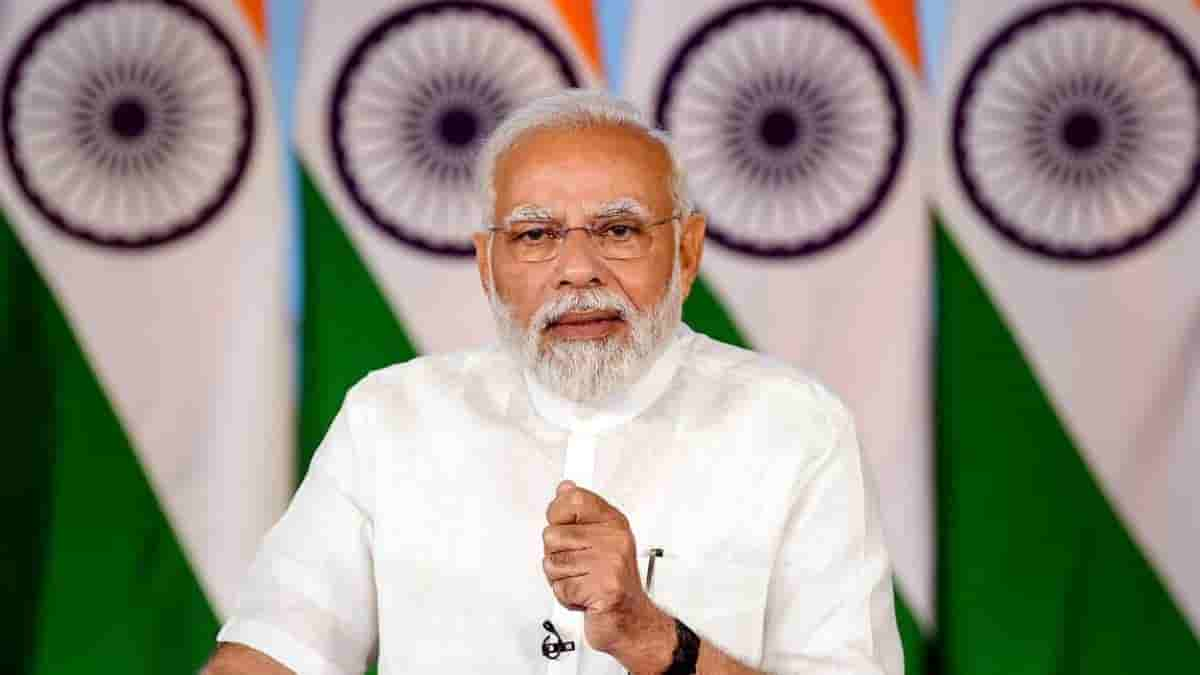
Narendra Damodardas Modi born 17 September 1950 is an Indian politician who has been the country’s 14th and current Prime Minister since 2014. Modi served as Gujarat’s chief minister from 2001 to 2014 and is a Member of Parliament from Varanasi. He is a supporter of the BJP and the Rashtriya Swayamsevak Sangh (RSS), a right-wing Hindu nationalist paramilitary volunteer organisation. He is the first prime minister born after India’s independence in 1947, as well as the longest-serving prime minister from a party other than the Indian National Congress.
Modi was born and raised in Vadnagar, Gujarat, and completed his secondary education there. He was introduced to the RSS when he was eight years old. He has mentioned having to work as a child in his father’s tea stall at the Vadnagar railway station, though this has not been confirmed.
Modi married Jashodaben Chimanlal Modi at the age of 18, but divorced shortly after. He publicly acknowledged her as his wife for the first time more than four decades later, when required by Indian law, but has had no contact with her since. Modi has claimed that he spent two years travelling in northern India after leaving his parental home, visiting a number of religious centres, but few details about his travels have emerged. When he returned to Gujarat in 1971, he joined the RSS full-time. Modi went into hiding after Prime Minister Indira Gandhi declared a state of emergency in 1975.
He was assigned to the BJP by the RSS in 1985, and he held various positions within the party hierarchy until 2001, eventually rising to the rank of general secretary.
Following the earthquake in Bhuj, Modi was appointed Chief Minister of Gujarat in 2001 due to Keshubhai Patel’s failing health and poor public image. Modi was quickly elected to the legislative assembly. His administration has been accused of being complicit in the 2002 Gujarat riots, which killed 1044 people, three-quarters of whom were Muslims, or has been chastised for its handling of the crisis. The Supreme Court of India appointed a Special Investigation Team, which found no evidence to initiate prosecution proceedings against Modi personally.
While his policies as chief minister were praised for encouraging economic growth, his administration was chastised for failing to significantly improve the state’s health, poverty, and education indices.
Modi led the BJP in the 2014 general election, which gave the party a majority in India’s lower house of parliament, the Lok Sabha, for the first time since 1984. Modi’s government has attempted to increase foreign direct investment in the Indian economy while cutting spending on healthcare and social welfare programmes. Modi has attempted to improve bureaucracy efficiency by abolishing the Planning Commission and centralising power.
He launched a high-profile sanitation campaign, controversially began demonetisation of high-denomination banknotes and a taxation regime transformation, and weakened or repealed environmental and labour laws. He oversaw the country’s response to the COVID-19 pandemic, which killed an estimated 4.7 million Indians, according to the World Health Organization. Throughout his tenure, Modi has received consistently high approval ratings.
India has experienced democratic backsliding during Modi’s tenure.
Following his party’s victory in the 2019 general election, his administration revoked Jammu and Kashmir’s special status, introduced the Citizenship Amendment Act, and three contentious farm laws, which sparked widespread protests and sit-ins across the country, resulting in the latter’s formal repeal.
Modi has been described as engineering a political realignment towards right-wing politics, and his handling of the 2002 Gujarat riots has been cited as evidence of an exclusionary social agenda both domestically and internationally.


